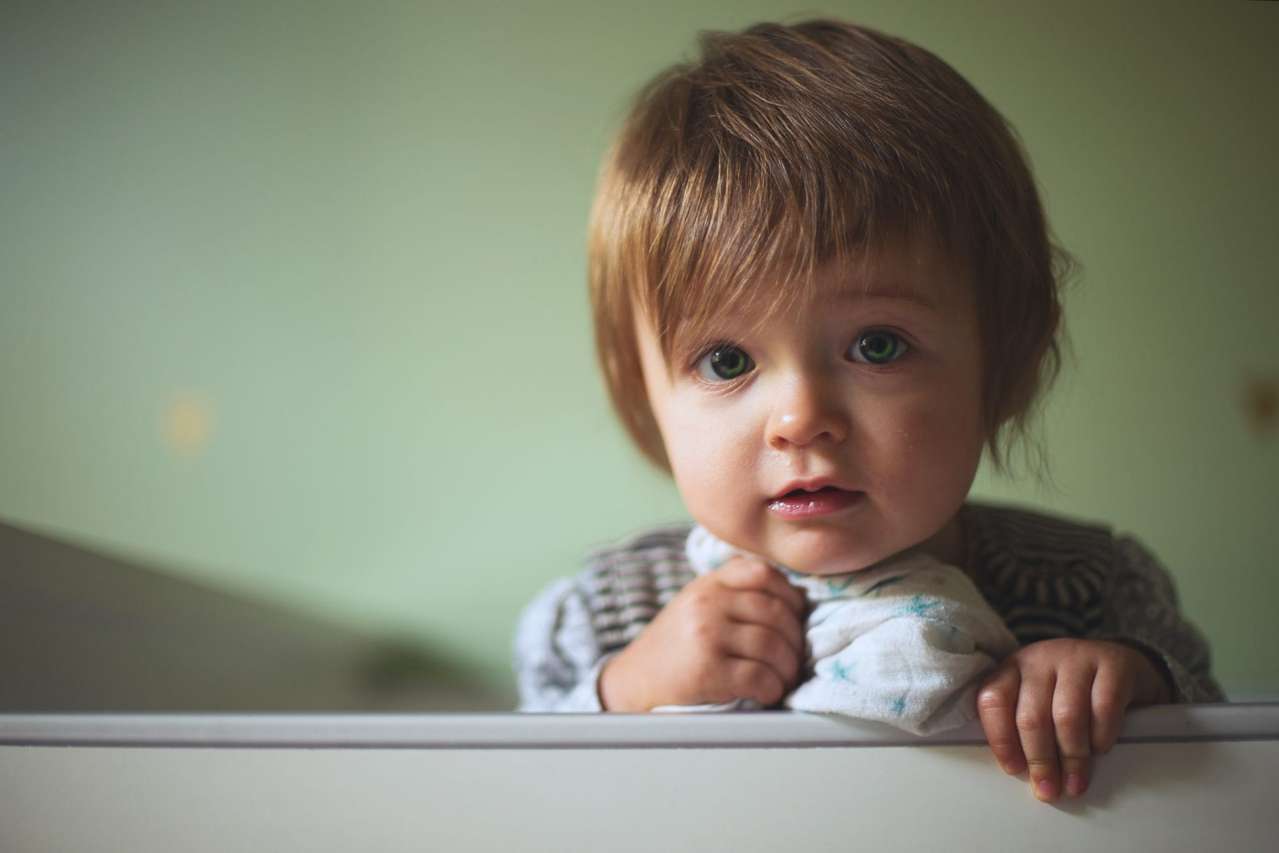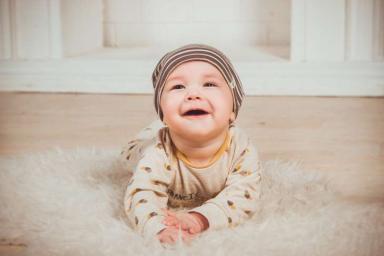At present, it has been scientifically proven that different colors and their derivatives can cause different emotional states in a person, for example: joy, sadness, anxiety, melancholy, etc.
In addition, shades of the same color can set a different emotional tone.
What color to choose
Psychologists recommend solving the interior of a children's room in pure, delicate colors: pink, greenish-yellow, light blue, light green, light lilac.

So bright colors - red, orange - have an exciting effect on the psyche of children, while green, purple, blue - soothe and create a melancholic mood.
If the room faces north, the walls should be decorated in warm and sunny colors - beige, orange, light green, yellow. If the windows face south, it is best to consider cold tones - light blue or gray, mint. Do not forget about the specifics of saturated shades.
What color to paint the walls in a small room
Colors that enhance a room are undoubtedly white, light gray and blue. It is also worth remembering that cold colors optically move the walls away, and warm colors bring them closer together. Cool tones reflect light and warm tones absorb it.
It is worth remembering that the light floor and walls increase the room, give it airiness. Dark walls and a dark floor make the room smaller, make it more gloomy, and in combination with a light ceiling create a pit effect when the light is only above you.
What color best hides uneven walls
Choose compositions with a matte finish. They do not reflect light and visually smooth out minor defects. Opt for neutral colors. Walls painted in pastel colors appear smooth and even.













